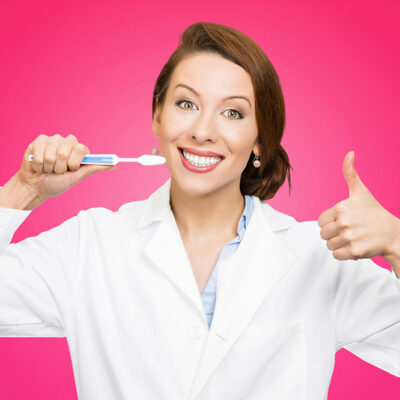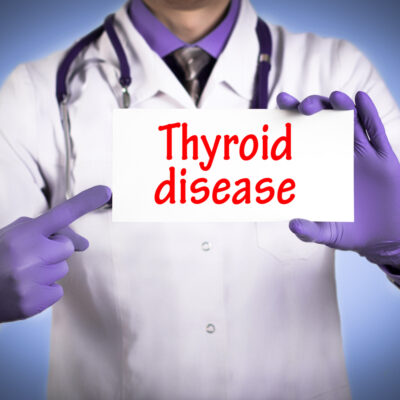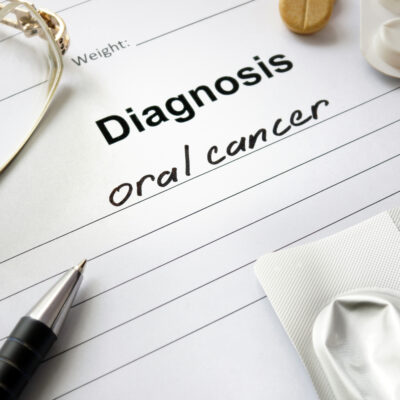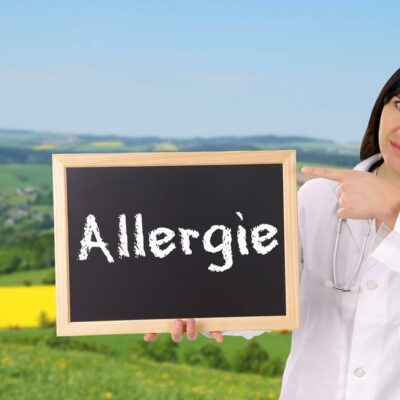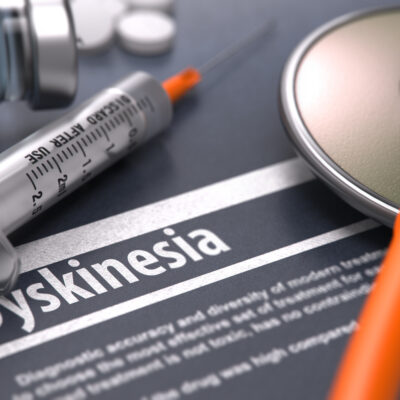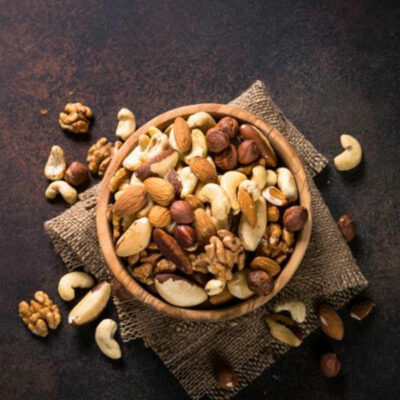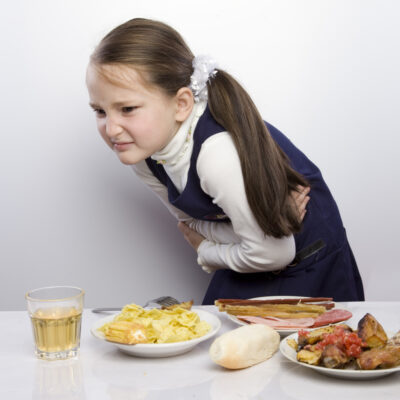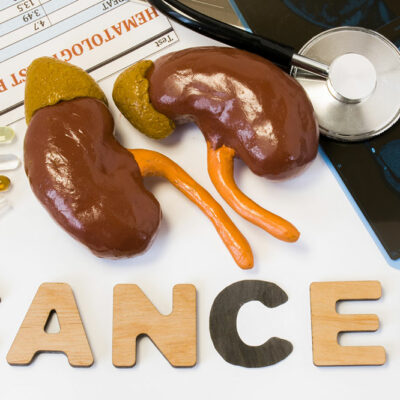
Health
Symptoms and Risk Factors for Kidney Cancer
Cancer that begins in the kidney and later spreads to nearby organs is called kidney or renal cancer. Kidneys are small organs that measure the size of a fist and are located behind the abdominal organs, one on each side of the spine. They play a vital role in purifying our system by clearing out waste from the blood. In this condition, cancer cells are initially formed in the tubules of the kidney, then to all parts of it, and later to nearby organs. There are several symptoms and risk factors associated with kidney cancer and on the basis of these, its stage is determined and treatment is decided upon. 1. Symptoms of kidney cancer The symptoms of kidney cancer do not show up in the early stages in many individuals till the tumor grows in size and the cells begin to metastasize further. If symptoms are ignored at early stages it can lead to complications in the treatment for kidney cancer. Some of the common symptoms of the condition are: Anemia Feeling tired all the time Prolonged fever that can last for several weeks along with flu and other infections. Loss of appetite and the feeling of having a heavy and full stomach all the time Blood in the urine Swelling and feeling of lumps on one or both the sides of the abdomen.
Read More 